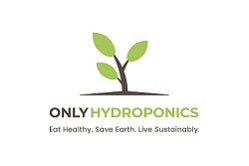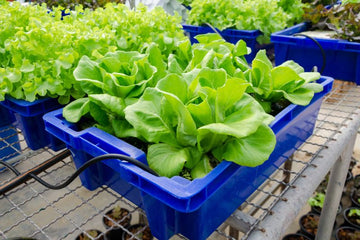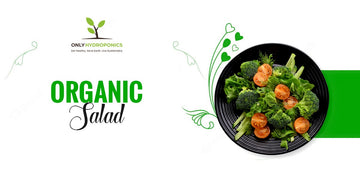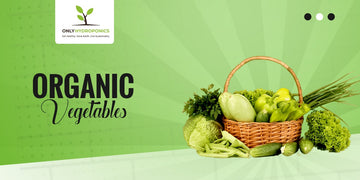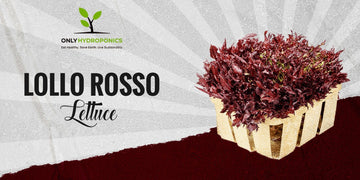In the past, the first thing that came to mind when we thought of vegetables was probably something that needed to be cooked after being cleaned.
While certain vegetables still require this, there is a new technique called hydroponics that allows for the growth of plants without the use of soil.
People now realize the various advantages hydroponic farming offers over conventional gardening, which has led to its enormous increase in popularity.
Additionally, they could even be cultivated inside since they don't require soil to develop. There are multiple ways in which Hydroponic Food Nutrition benefits your health.
Hydroponic Food Nutrition Benefits
Nutrition Packed - Compared to soil-grown vegetables, hydroponically produced produce often has a higher nutritional density.
It is because their roots are not vying for resources with those of other plants, allowing them to collect more nutrients from the water.
According to a study, hydroponically produced veggies had a greater concentration of the carotenoids capsorubin and capsanthin than traditionally cultivated crops.
Important antioxidants known as carotenoids, such as lycopene and beta-carotene, have been associated with a lower risk of heart disease and cancer.
Eating vegetables grown in hydroponic systems increase your intake of vitamins, minerals, and antioxidants. These vitamins and minerals are crucial for keeping the body healthy and preventing chronic illnesses.
Pesticide-Free - Vegetables produced hydroponically don't need pesticides since they aren't as vulnerable to illnesses and pests as plants grown in soil are.
It is fantastic news for anyone worried about the health concerns of eating fruits and vegetables exposed to pesticides.
Numerous health issues, including cancer, reproductive toxicity, endocrine disruption, and neurological impairment, have been linked to pesticide use.
Consuming vegetables cultivated hydroponically is a fantastic method to stay away from these dangerous poisons and save your health.
Fresher For Longer Duration - Vegetables cultivated hydroponically are usually fresher than those grown in the soil since they don't need to be carried over large distances to supermarkets or other retailers.
Additionally, they might be picked when completely ripe, maximizing their flavor and nutrient content. You don't need to wait for particular fruits and vegetables to be in season since hydroponic vegetables may produce hydroponic vegetables all year long. All year round, you can eat great, fresh food!
Soil Contamination -Vegetables cultivated on soil are susceptible to contamination from heavy metals, herbicides, and other dangerous agents.
It is especially true if it is close to an industrial region if the soil has not been adequately maintained. Vegetables produced hydroponically are not exposed to this kind of contamination since they are not grown in soil.
For individuals worried about the possible health concerns of consuming infected fruits and vegetables, this makes them a safer alternative.
Environmentally Friendly - Besides being healthy, hydroponics is also good for the environment. It has a minor environmental impact which means it's a more environmentally friendly method of cultivating veggies.
Hydroponic gardens can also contribute to better air quality. They accomplish this by adding oxygen to the atmosphere and absorbing contaminants like carbon dioxide.
So hydroponic farming is beneficial for both the environment and for you!
Faster Growth - When grown traditionally, most fruits and vegetables take many months to mature. It might take a while for plants to absorb nutrients from the soil.
Through maturation, they frequently lose the nutrients they ingest. A hydroponic plant grows between 30%-60% more quickly than a soil-grown plant. Nutrients are more readily available for the plant to consume when using hydroponics.
The farmer controls every part of the growing process, including light, heat, nutrients, hydration, pests, and more. It can speed up the entire process for plants that grow bigger quicker and produce a better yield.
So, think about hydroponic gardening if you want to add a health-conscious activity to your life or find a better, more environmentally friendly way to farm.
